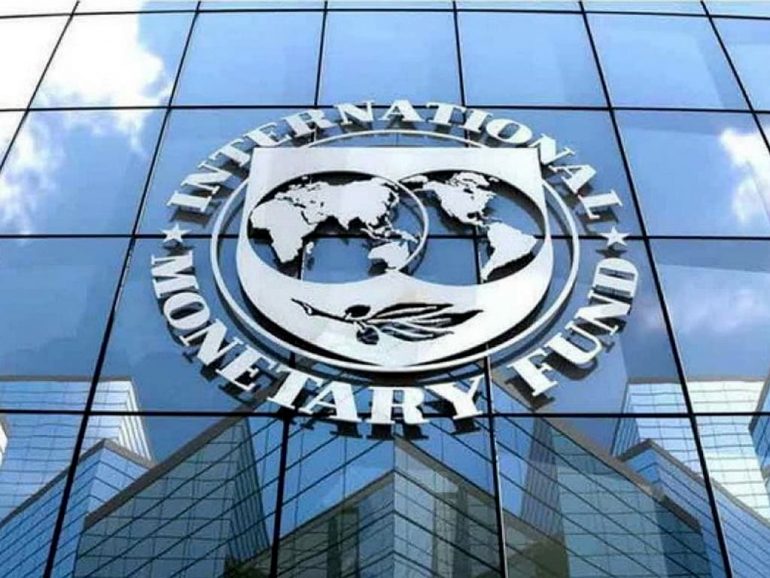The IMF Resident Representative in Pakistan has denied local media reports claiming that the Fund was seeking fresh financing, stating that Pakistan’s external financing requirements have not been altered in talks over bailout funds.
“There is no truth to reports that the IMF is asking Pakistan to raise $8 billion in fresh financing,” Esther Pérez Ruiz said in a text message sent to a foreign news agency on Sunday.
The IMF Resident Representative in Pakistan issued a clarification on Sunday following a report published by a local newspaper on Saturday, citing sources who claimed that the IMF had requested additional financing of $8 billion to ensure debt repayments between May and December 2023,.
Pérez Ruiz confirmed that the external funding requirements for Pakistan had remained unchanged during the discussions. These discussions are part of a review that would enable Pakistan to receive $1.1 billion in financing, which is part of a $6.5 billion IMF package for the country, currently facing financial challenges.
The approval of a staff-level agreement for the review has been in limbo since November, and it has been almost 100 days since the last staff level mission to Pakistan.
This is reportedly the longest delay of this kind since at least 2008. The review is crucial for Pakistan, which is facing financial difficulties, and the approval would pave the way for the release of $1.1 billion in financing, as part of a $6.5 billion IMF package.
The IMF restated on Thursday that Pakistan must secure external financing commitments from friendly nations before the approval of the release of bailout funds. In March and April, the United Arab Emirates, Saudi Arabia, and China had promised to cover a portion of Pakistan’s funding gap.
Pakistan’s central bank reserves fell $74 mln to $4.38 billion, barely a month’s worth of imports, according to data released on Thursday.
During a seminar on Thursday, Finance Minister Ishaq Dar affirmed that Pakistan would not default, regardless of whether the country receives support from the IMF. He also stated that Pakistan could not afford to implement additional harsh measures to satisfy the IMF’s requirements. Meanwhile, Pakistan has addressed the IMF’s concerns by reversing the implementation of a fuel cross-subsidy.
IMF Resident Representative Pérez Ruiz said that Pakistani authorities committed to the IMF during last month’s spring meetings that they would not introduce the cross-subsidy scheme in fiscal year 2023 or beyond. She said the scheme was “typically regressive and prone to abuse”.
“The announced fuel cross-subsidy scheme raises new quasi-fiscal and balance of payments risks, and it is amenable to fraud,” she said, in a separate text message to foreign media outlet.



